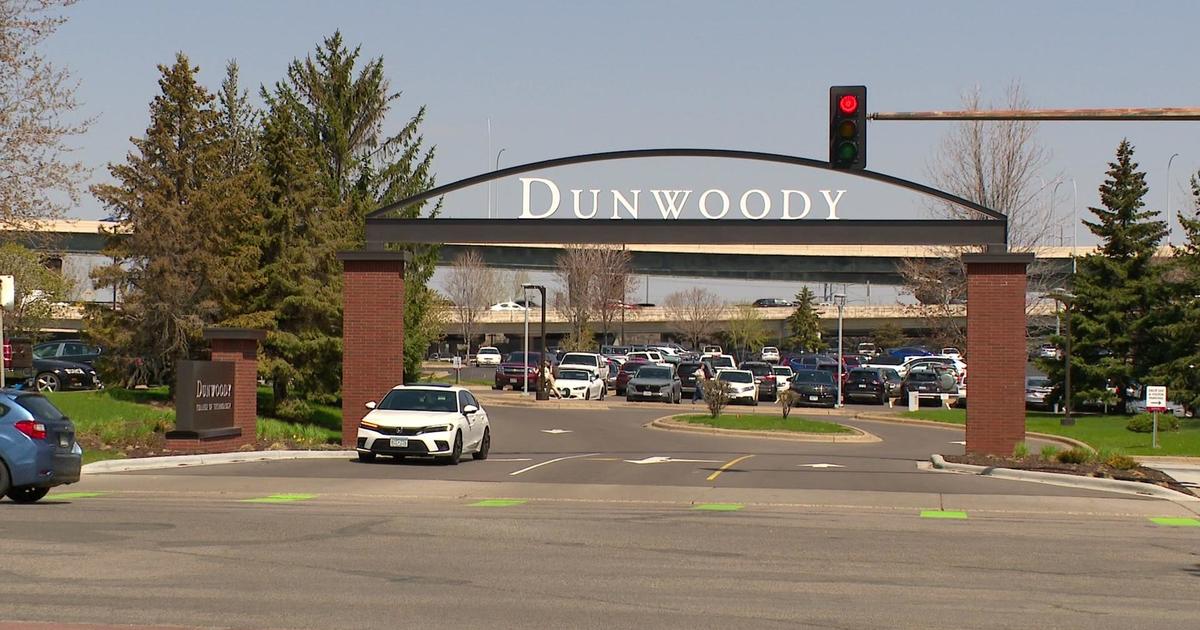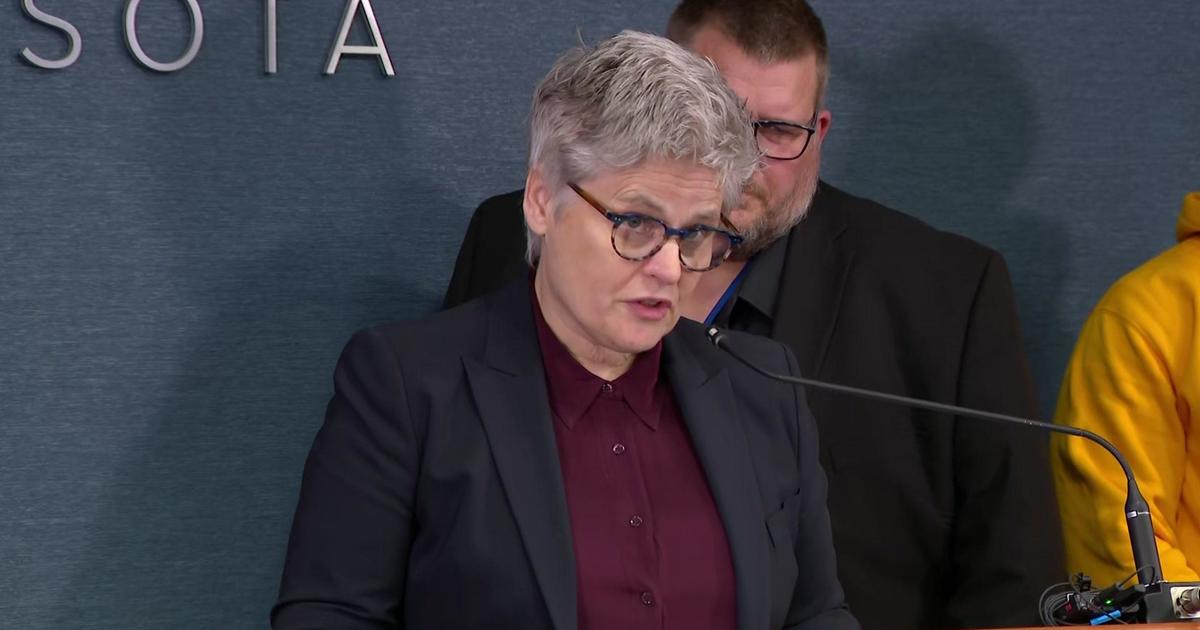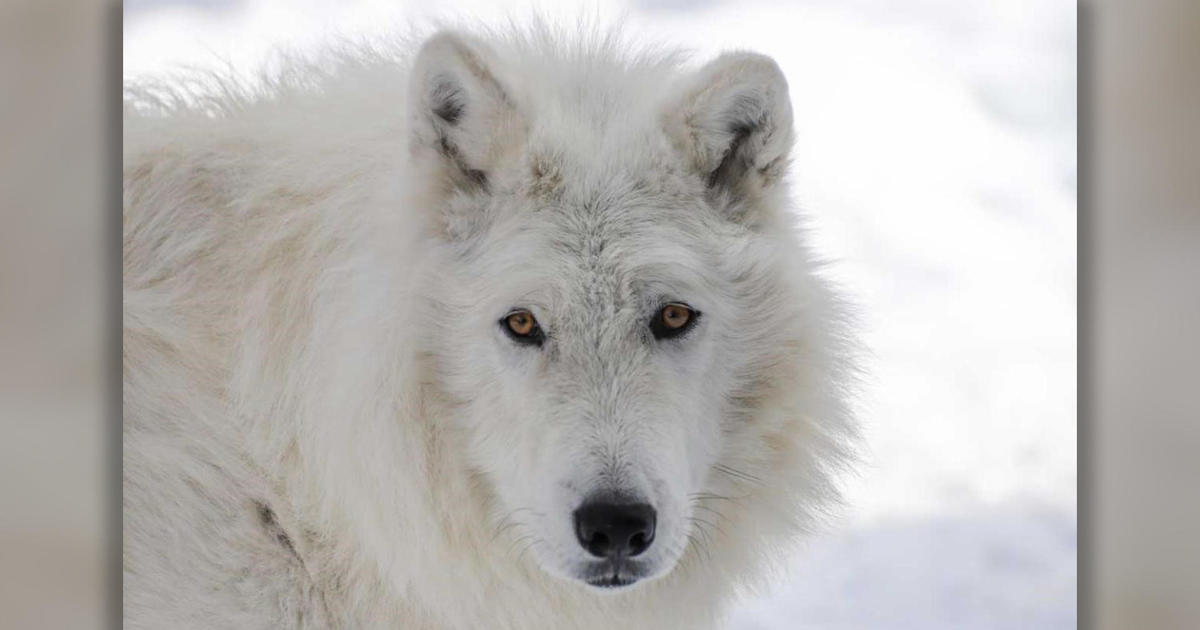New Campaign Would Raise Funds For Somalis In Need
MINNEAPOLIS (AP) -- Members of the Minneapolis Somali community say they've come up with a safe way to send aid to the more than 2 million people displaced by decades of war and a recent drought in their homeland.
The campaign announced Wednesday, called Neighbors for Nations, is designed to combine the enthusiasm and leadership of the Somali community with the expertise of the humanitarian group American Refugee Committee. Organizers say it will also ensure that money sent to Somalia doesn't end up in the wrong hands.
"They are the safest way that we thought we could channel our energy and money through so that it can be very transparent," said Rashid Issack, a local Somali who has been helping with the campaign.
The American Refugee Committee will establish a base in Somalia, where it will be able to organize the aid that comes from Minnesota. The committee's president, Daniel Wordsworth, said the setup will allow people to see exactly where their money is going. He said this will provide peace of mind and ease fears about donating -- after reports that other donations might have gone to terror groups.
It's a sensitive issue in Minnesota, where two Somali women from Rochester face terror charges for allegedly collecting money in the name of charity, then sending it to the terror group al-Shabab. Prosecutors have charged the women with multiple counts, including conspiracy to provide material support to a foreign terrorist organization.
The government has said the women are part of a "deadly pipeline" that was routing money and fighters from the U.S. to al-Shabab. The women say they're innocent.
Halima Sheikh, who owns a shop in the largely Somali-owned Karmel Mall in south Minneapolis, said she's concerned about sending donations to certain places because "I don't feel they'd reach the suffering people."
Sheikh, who was not one of the campaign organizers, said she feels comfortable sending money directly to her family and friends only, because she knows it gets to them. She said the new campaign will provide Somalis a trustworthy place to send their money.
Neighbors for Nations is already about two years in the making, led by the committee and Somali community members who have been collecting ideas on the best ways to solve problems in Somalia. Organizers have met with 800 individuals and groups and have visited 22 mosques in Minneapolis, said Yusuf Ali, one of the project's leaders.
"There are certain ways people think, reasons other organizations didn't work before," Ali said. He said this time it's different, because they've made sure to listen to input from all stakeholders. "Everybody's voice has been heard."
The initial goal is to get 1,000 people to donate $1,000, Wordsworth said. So far, 35 people in the Somali community have agreed to do so.
One of those people is St. Thomas University freshman Mohamed Samatar, who hopes to get 100 people to give at least $10 each. He said this campaign will make an impact because it's establishing a base in Somalia. Samatar visited family in Somalia over the summer and remembers seeing United Nations trucks driving around. But because the U.N. relief is based in Kenya, much of their resources are spent getting people to and from the country, he said.
One of the campaign's major goals is to educate people outside the Somali community about their Somali neighbors. Moving to the U.S. comes with many hardships, and many feel they are treated like outcasts by other Minnesotans, Wordsworth said.
"The story about being Somali in the U.S. is largely a negative story," he said. "It's not representative of who the Somali people are. Part of what we're trying to do is to allow a different story to be told about who they are."
With an ongoing drought that's worsening and creating more problems in Somalia, the needs continue to grow, Wordsworth said. These immediate needs include setting up clean water sources and health clinics.
Since Somalia's civil war started about 20 years ago, the U.S. government has provided more than $31 million in humanitarian aid, according to USAID, an independent federal government agency. Other relief organizations have also donated time and money, but the vast majority of relief comes from Somalis living elsewhere who send money to family members and friends.
The Greater Twin Cities United Way and UCare, a nonprofit health insurer, are partners in the campaign. UCare said it will donate $50,000.
The first round of aid, $10,000, has already gone to Galkayo, a city in a peaceful region of the country, where it's being used to build a youth center to teach people the skills they need to make a living to care for their families. In this way, the work is a mixture of relief and development at the same time.
Development and job creation is crucial in Somalia, Ali said. Without it, there can't be peace or hope, he said.
(© Copyright 2011 The Associated Press. All Rights Reserved. This material may not be published, broadcast, rewritten or redistributed.)



